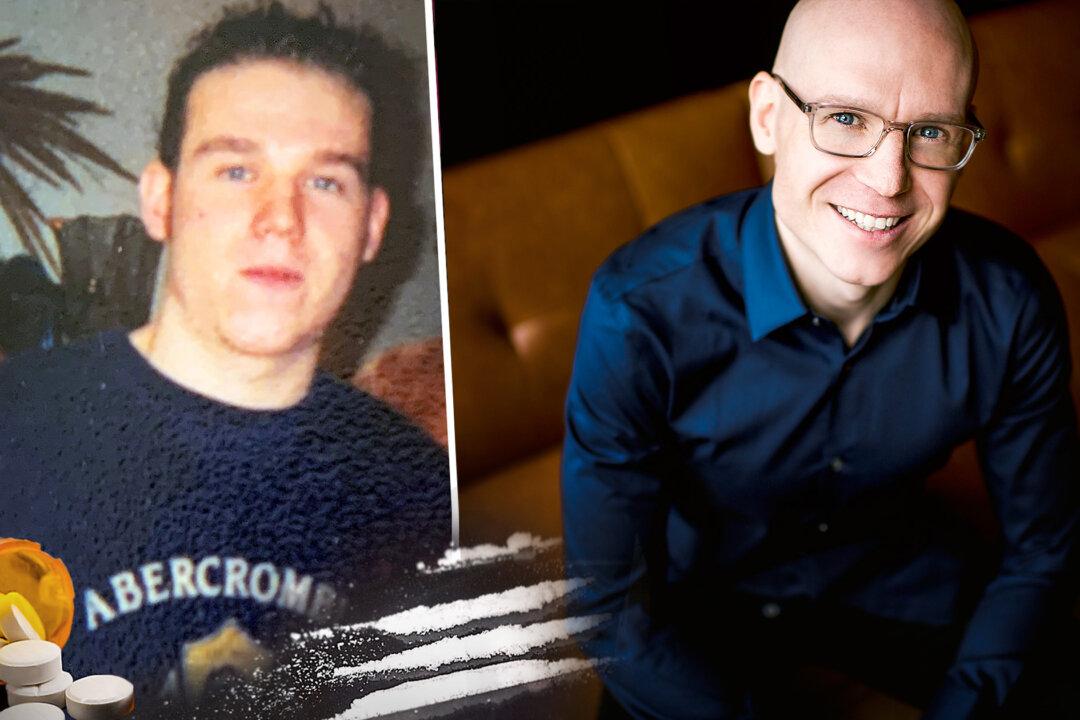In his own mind, Jesse Harless refused to call himself a felon. Although he'd been busted buying opioids from a federal agent and convicted, that label is not who he was.
Harless was just 22—a bright and talented young man—and he'd simply stumbled into addiction at a young age. Luckily, he got on the road to recovery in time to save his life.






